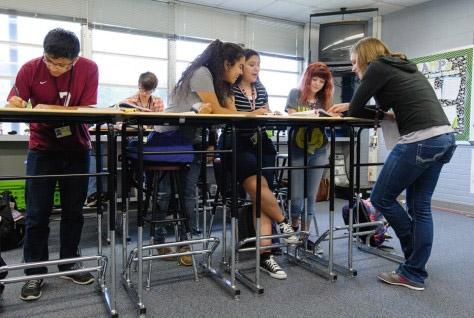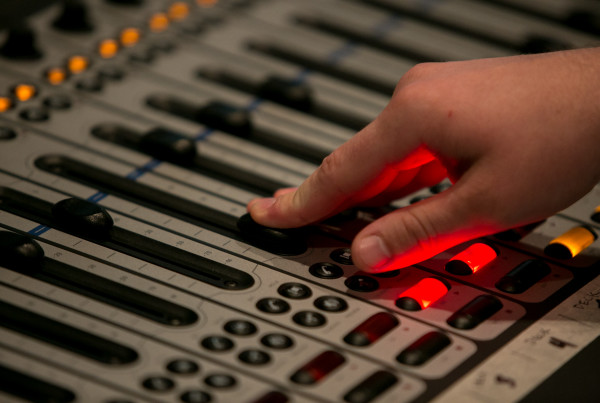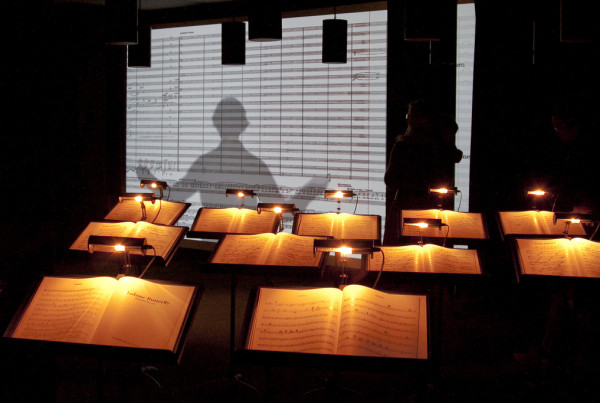Who would have thought that in the annals of the dull, ordinary and all too predictable layout of the modern office cubicle, there’d be a development that captured pretty much everyone’s imagination?
Standing desks – it seems like everyone glued to a cubicle wants one. In many office settings, people while away their days sitting and, let’s face it, snacking.
Researchers at Texas A&M University noticed the trend and wanted to see if working at a standing desk has any benefits. Dr. Ranjana Mehta, an assistant professor of environmental and occupational health at Texas A&M, recruited high school students for her new study.
Working with freshman at a single high school, Dr. Mehta and her colleagues performed a series of cognitive tests on students at the beginning of the year, and then again at the end of the year to see if there was any improvement in their performance. “We actually saw 7 to 14 percent improvement in the executive function and working memory capabilities,” Mehta says.
She says in an average school day, students sit for about six hours. “What we would do with the study is with the standing desk intervention, without any instruction on whether they should use it,” she says, “we found that the students sat an hour less everyday on average.”
While the positive benefits might seem incremental, Mehta was happy to find that there was no evidence of a negative impact of using a standing desk on cognition. Dr. Mehta is a standing desk user herself. “We do practice what we preach,” she says.
Listen to the full interview in the audio player above.
















